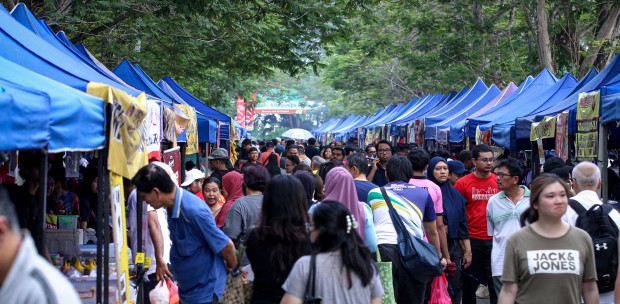KUALA LUMPUR: Consumers should be educated about their rights and choices when facing traders who want to increase prices following the fuel subsidy rationalisation, said the Federation of Malaysian Consumers Association (Fomca).
Vice-president Datuk Indrani Thuraisingham said: "We need to educate consumers. We need to empower them to understand that not all rationalisation of subsidies will end up with consumers bearing the burden."
Indrani said this on the New Straits Times' Beyond the Headlines podcast.
She said the savings of RM4 billion the government would gain through the fuel subsidy reform should be directed to the Domestic Trade and Cost of Living Ministry for monitoring, enforcement and educational efforts.
"When the government decided to implement the Good and Services Tax (GST), consumer groups were given allocations to educate the public on what GST was, its implications, and how people could make informed decisions.
"So I hope there will be some intention to support the ministry and consumers in understanding and adapting to subsidy rationalisation."
She said with diesel subsidy being rationalised first, it should not have much of an impact on prices as it was limited to certain sectors.
She said consumers needed to assert their rights against traders who tried to raise prices unjustifiably.
"There should be no unjustifiable price increases on goods and services, especially essential items like groceries and vegetables.
"Consumers must be vocal by confronting traders if prices are unfairly increased, informing them that they will take their business elsewhere and encouraging others to do the same."
Consumers can lodge complaints to the ministry or through the National Consumer Complaints Centre, which handles complaints for 23 sectors, at www.nccc.org.my





